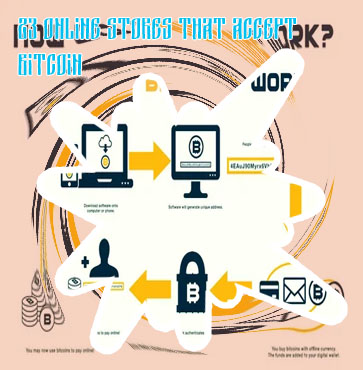
How to use bitcoins
Cardano Vasil Hard Fork: What does it mean for you?
Federal Trade Commission. "What to Know About Cryptocurrency and Scams." Accessed Nov. 1, 2021. How to use btc It takes an average of 10 minutes for the mining network to validate a block and create the reward. The Bitcoin reward is 6.25 BTC per block. This works out to be about 96 seconds for 1 BTC to be mined.How can i use bitcoin
Crypto is considered volatile because of how much, and how quickly, its value can change. There's potential for gains and losses. Keep in mind that we can't protect you from losses as a result of market volatility. Transferring cryptocurrency on the blockchain is also risky and your crypto may be delayed or lost. Be sure to do your research and buy and sell carefully. What do I need to know to protect my Bitcoins? AML and KYC regulations have implications for users of a crypto network. That’s especially true if they are accepting large payments from foreign customers. Companies need to be aware of their obligations to avoid unintentionally enabling money laundering through foreign vendors or suppliers along a complex international supply chain. In addition, since all companies must comply with the rules and regulations established by OFAC, they must be in a position to determine—or have a trusted third party determine—the sourcing of any crypto it accepts or ultimately disburses. It should be alert to sanctioned and restricted bitcoin and other crypto addresses.

Sign up for email and SMS alerts
The most common ways to send crypto are through a crypto exchange, traditional investment platform, or third-party wallet. In all cases, the process is relatively similar and is done through the Send function (in some crypto exchanges, it may be labeled Withdraw). What is bitcoin? This is another reason why bitcoin may not strike you as a regular currency. For now, you'll have a really hard time spending it! Go to a pet store, a bodega or a hot dog cart, and you'll find it very hard to buy something with a cryptocurrency.How do you use bitcoins
Getting started is as minimally complicated as setting up a Paypal account. With Coinbase, for example, you can use your bank (or Paypal account) to make a deposit into a virtual wallet, of which there are many to choose from. Once your account is funded, which usually takes a few days, you can then exchange traditional currency for bitcoin. How Bitcoin Is Taxed If you plan to invest in Bitcoin and custody the asset on your own, you’ll have to learn how to use a non-custodial crypto wallet.
- Home
- Ethereum chart
- Space grime cryptocurrency
- How to add money to crypto com wallet
- Btc in gbp
- Btc usdt
- When will the last bitcoin be mined
- Which cryptocurrency can be mined
- Cash app bitcoin verification taking too long
- Dogecoin to usd
- Octans crypto
- Mining ethereum calculator
- Crypto gas fees
- Bitcoin short calculator